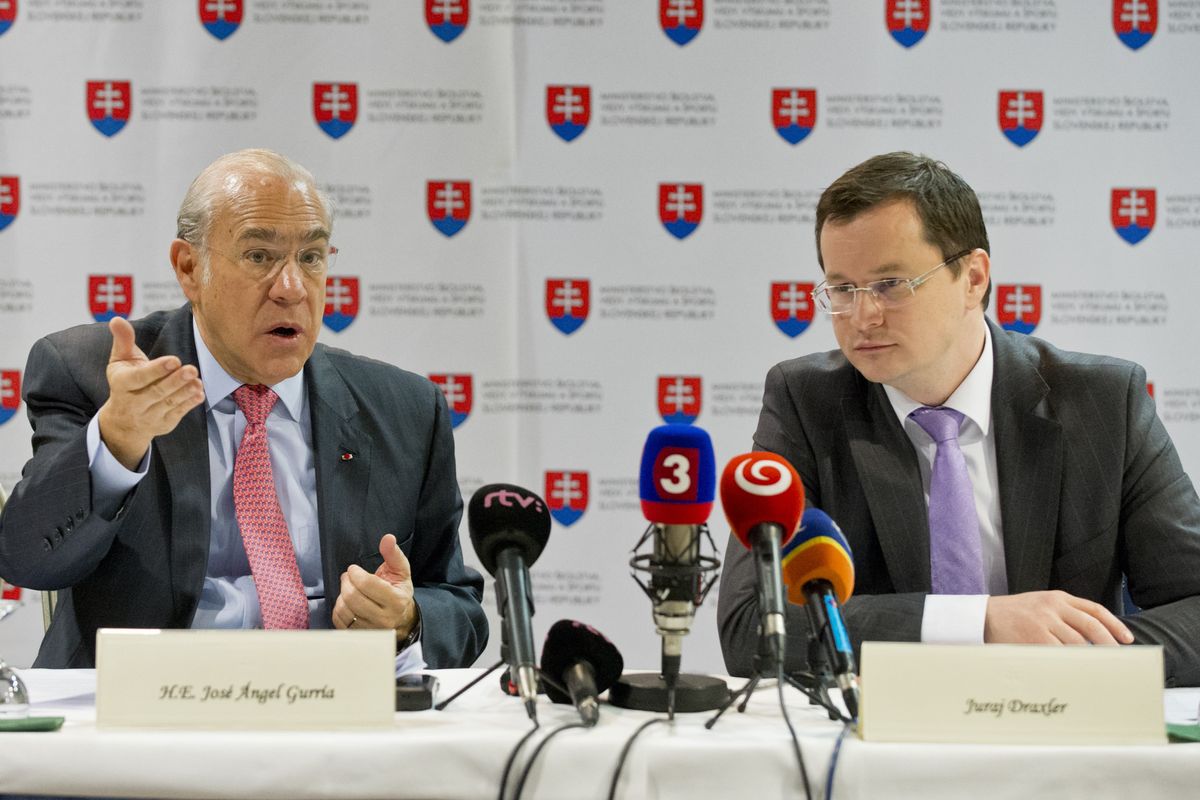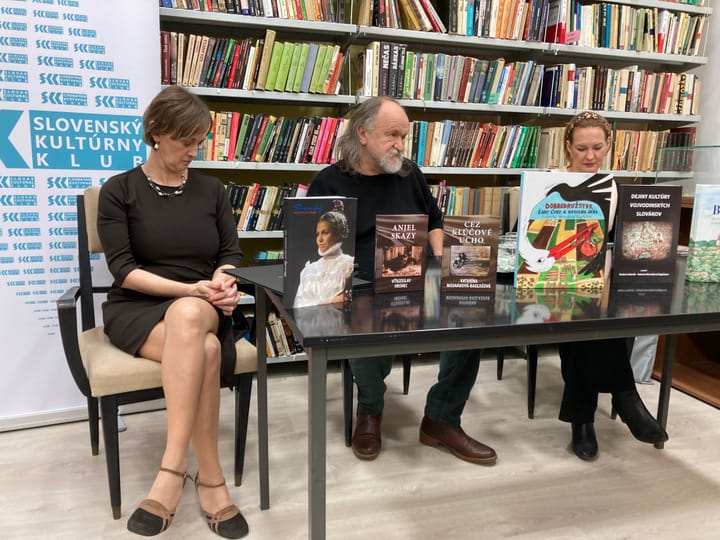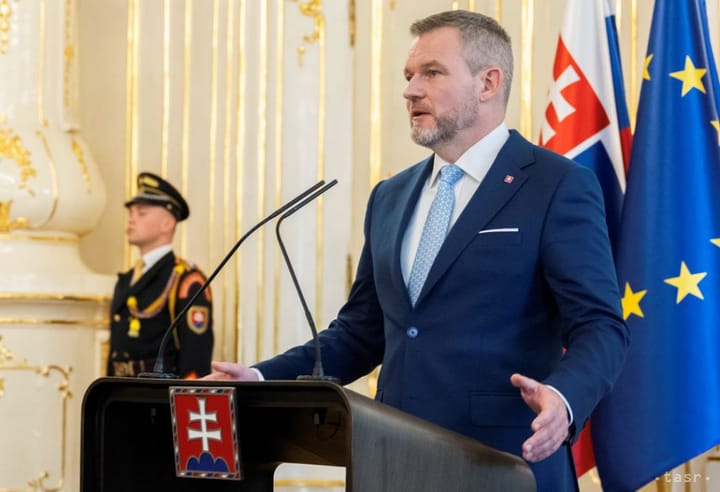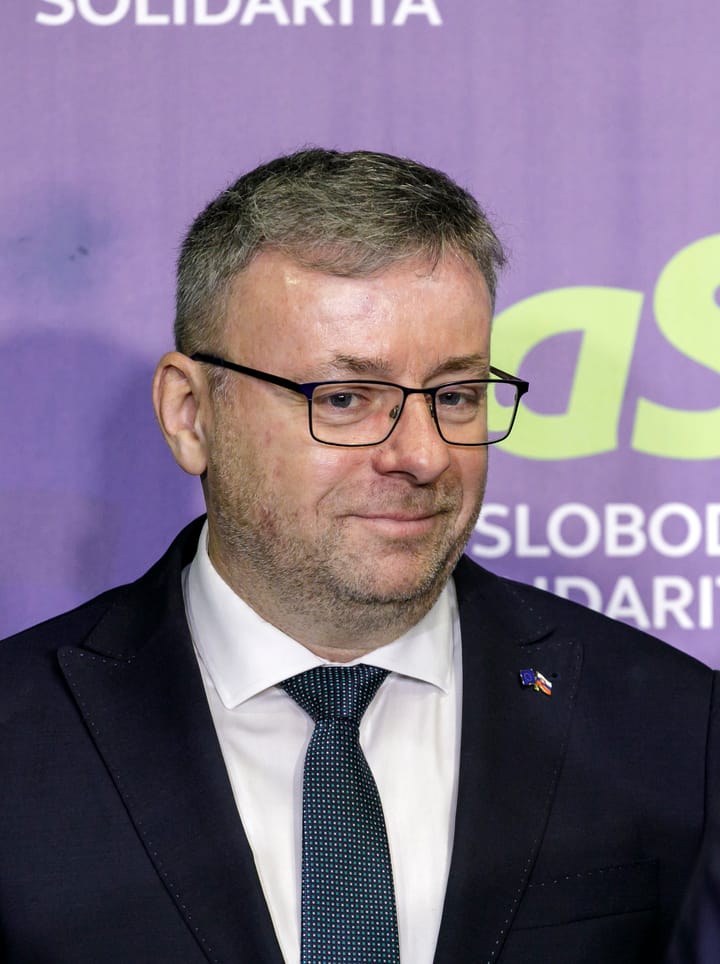OECD: Too Little Money Spent in Slovak Education System

Bratislava, February 19 (TASR) – Two analyses by the Organisation for Economic Cooperation and Development (OECD) indicate that Slovakia should spend more money in the education system, OECD representatives said at a press conference in Bratislava on Friday.
Slovakia should also focus on expansion of pre-school education and on raising salaries of teachers and other leading employees of the education system.
OECD experts have positively evaluated the current system of financing. They consider it to be transparent, well established and say that it provides schools with a high degree of financial autonomy. Meanwhile, the downside is the low amount of money spent.
“Slovakia has successfully focused on the quality and equality in terms of the access to education, on international education standards and certified practical courses,” said OECD Secretary-General Angel Gurria at the press conference.
The analysts, for instance, recommend strengthening cooperation between administrators of smaller schools so they can share common equipment such as classrooms, sports grounds as well as teachers. They suggested to set a minimum size of a classroom or to adjust the compensation system for schools with less than 250 pupils.
When it comes to pre-schools, OECD suggested to transfer financial responsibility from towns to the state and to create adequate conditions for all pre-schoolers. “The main responsibility should be shifted to the state because municipalities don’t always have the same ability and interest to support this level of education,” according to Gurria.
OECD claims that Slovakia also has reserves when it comes to insufficient inclusion of children with special needs or from socially disadvantaged environments. Gurria highlighted the Roma community as the biggest challenge facing the Slovak education system.
Government should also re-evaluate its policy providing state and private schools the same amount per pupil, as private schools can charge admission fees. The analysts commended the autonomy of schools in hiring new teachers, but suggested improvements in the preparation of future teachers.
“We welcome initiatives in the area of vocational education. But they still need to introduce more practical education and to carry it out directly in the facilities of individual companies,” Gurria said with respect to dual education.
Education, Science, Research and Sport Minister Juraj Draxler said that both studies showed the pros and cons of the Slovak education system and that both are equally important.



